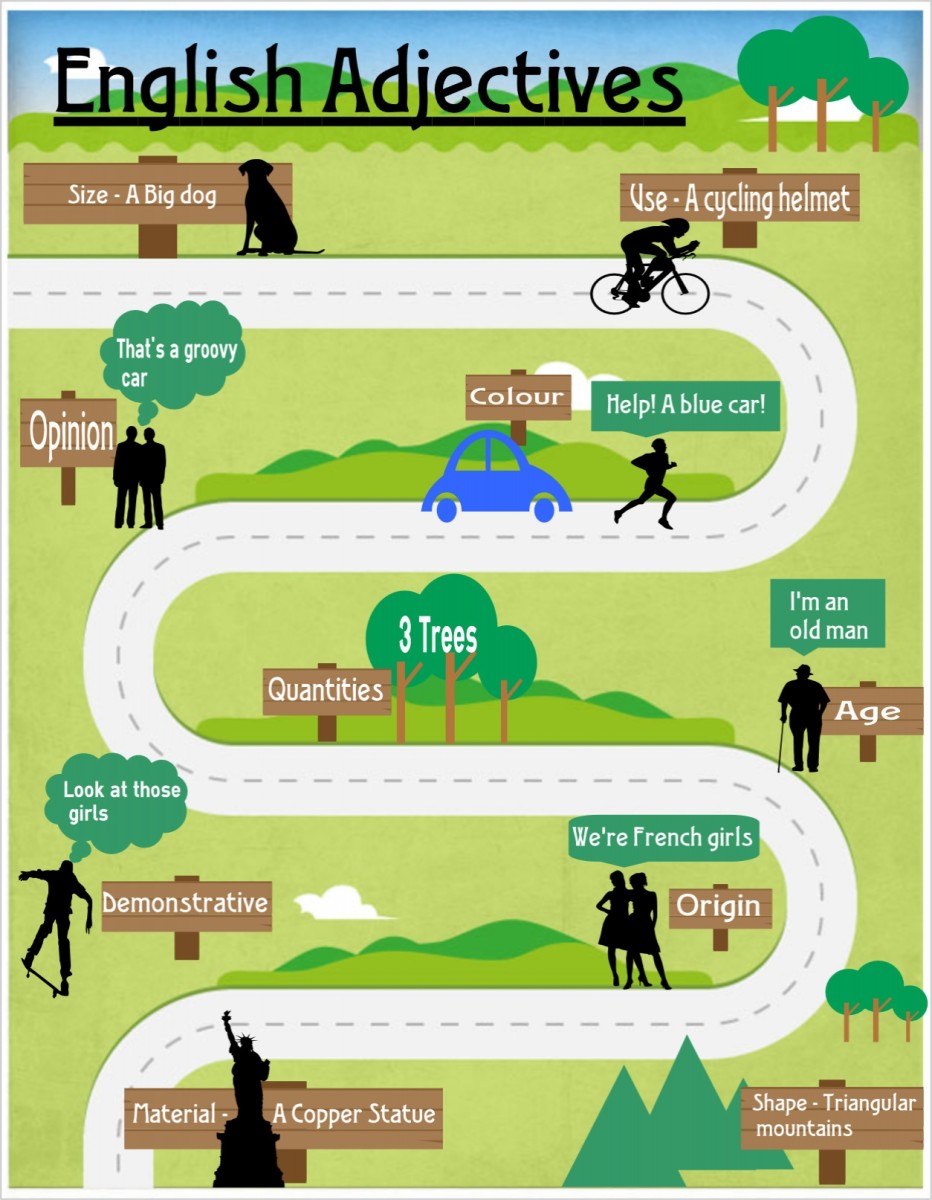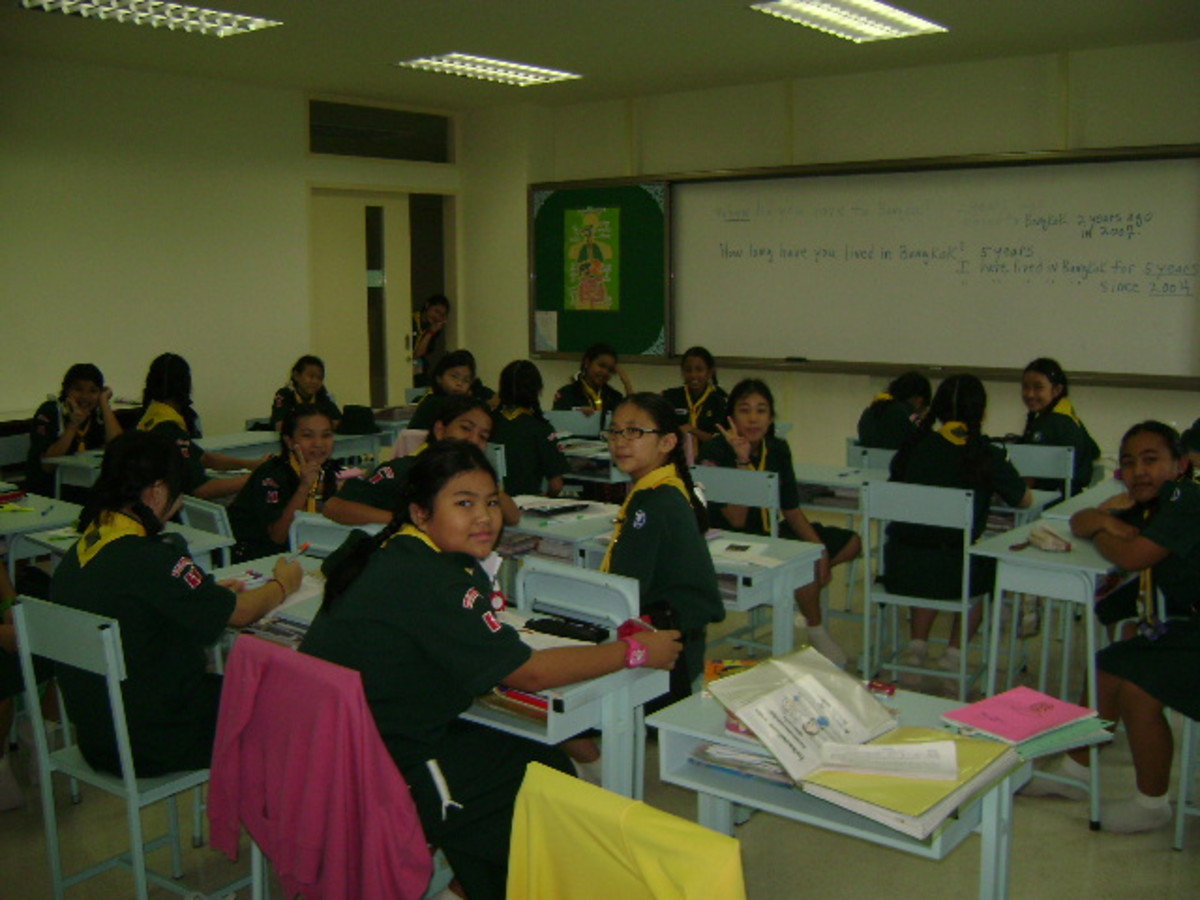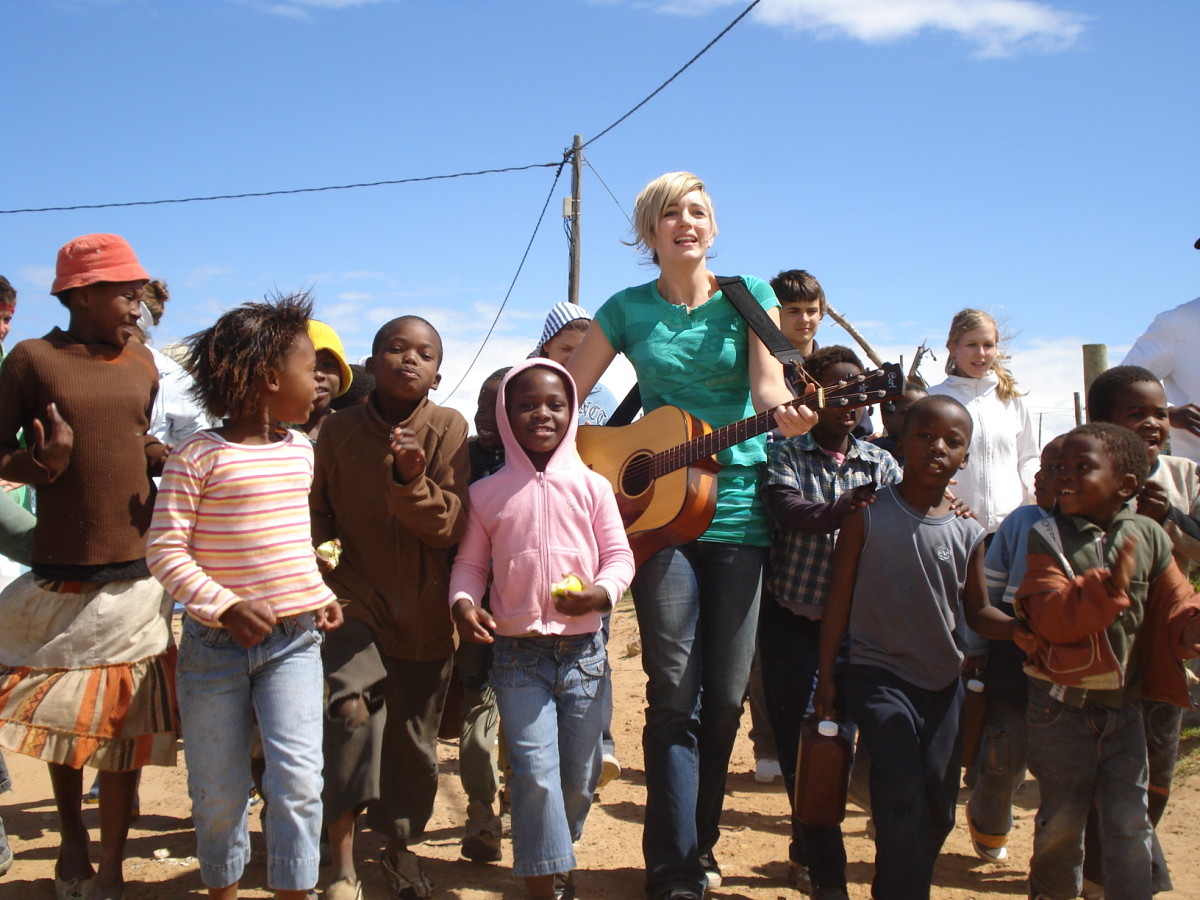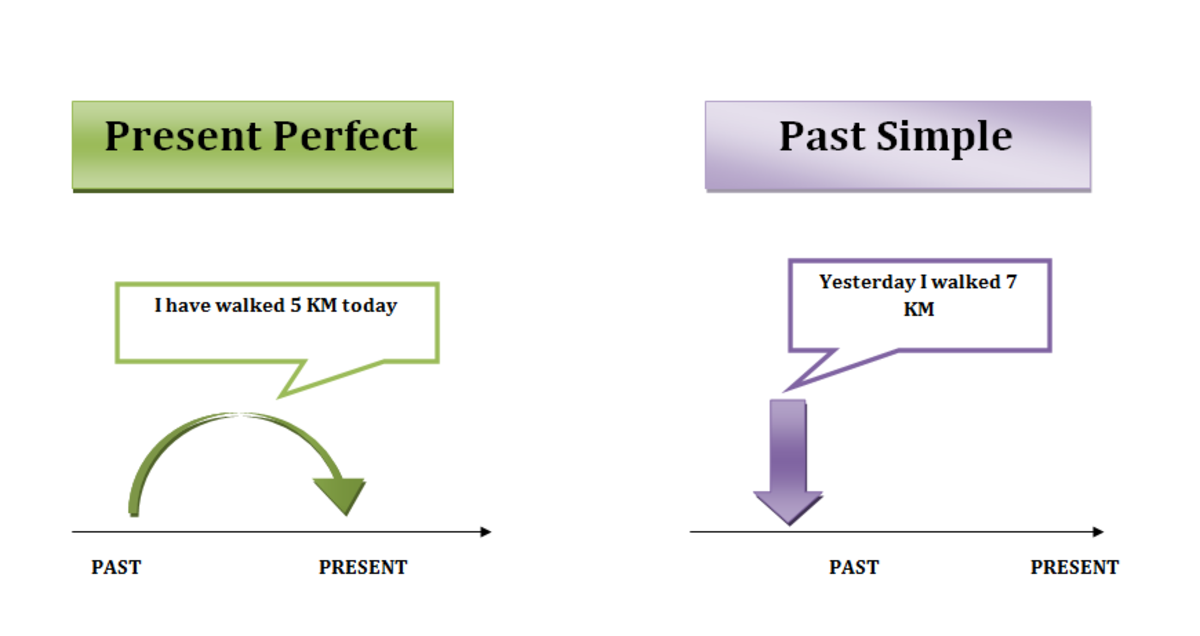Great Games for Teaching the Past Continuous
Great Games for Teaching the Past Continuous
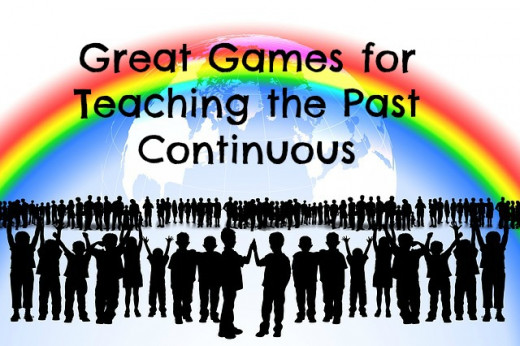
Contents
The best way to learn something is to have fun doing it. Below are 4 great games to teach the past continuous.
- Freeze!
- Who Broke My Spoon?
- Random Sentences
- Follow the Clues
There is very little preparation for you, just print and cut!
1. Freeze!
This is a fabulous game for teaching the past continuous. Students get to stand up and move about so it is a huge treat for them as well.
Instructions
Split the class into 2 groups. Tell group one to turn away from the board, making sure they don’t cheat (some of my students try to look at the reflection in the window!).
Write an action sentence in the past continuous, for example, I was cleaning the board or I was brushing my teeth.
The group who can see the board must begin to perform that action. The teacher yells ‘Freeze!’ and they must stop immediately in their tracks. The other group turns around and assesses their frozen stances. They must guess what the other team had been doing in the past continuous. Then the other team gets a go.
This game can also be played to practice the present continuous.
Some ideas for the game:
- I was running.
- I was eating an apple.
- I was vomiting.
- I was reading a book.
- I was swimming in the sea.
- I was watching a horror movie.
- I was having a bath.
- I was walking my dog.
- I was working in the garden.
- I was making the dinner.
- I was exercising.
- I was sleeping.
- I was cleaning the kitchen.
- I was doing my homework.
- I was sending a text message.
Who Broke My Spoon?

2. Who Broke my Spoon?
This is a marvellous game to play with your students. I usually have a plastic spoon in my drawer and I take it out and show it to the class. I tell them that someone broke it and I intend to find out who.
Then I order everyone to stand up. This always creates a ripple of excitement in the room. I hand out slips of paper to everybody and tell them that the words are their alibis and they must make a complete sentence in the past continuous for me to believe them.
I write “It wasn’t me, I was ...” as cue words on the board. Then I take out my ball and throw it to a random student. I say “Who broke my spoon? Was it you?” They defend themselves with their alibis and pass the ball on. It’s lots of fun!
Cue Words
- Wash/my monkey
- Kill/a vampire
- Eat/ a snake
- Rob/a bank
- Ride/an elephant
- Swim/in the ocean
- Visit/Antarctica
- Read/the dictionary
- Build/an army
- Hunt/a ghost
- Watch/my favourite movie
- Feed/a crocodile
- Drink/river water
- Run/from a police officer
- Dance/at a concert
- Go/to India
- Act/in a movie
- Have/lunch with a famous football player
- Climb/Mount Everest
- Fish/for sharks
Random Sentences
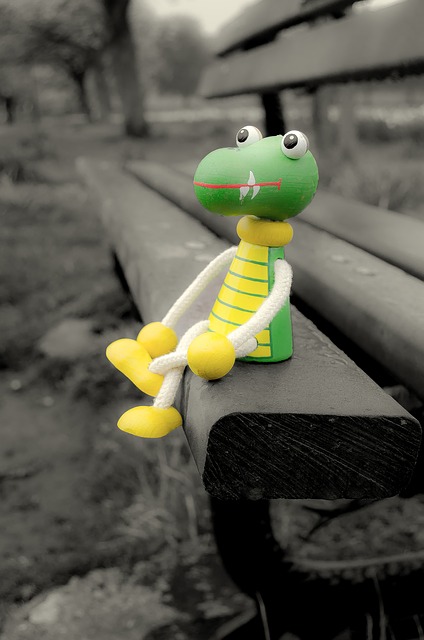
3. Random Sentences
Step 1
Ask your students to write their name, a verb and a noun on 3 separate pieces of paper.
Step 2
Collect the papers, shuffle them about and deal them out to the class so that everyone gets 3 pieces of paper.
Step 3
Tell them they need to walk around the room, mingling and trading with each other until they have a name, a verb and a noun. It is not necessary to have their own name.
Step 4
Ask the class to sit down and create a sentence using all the pieces of paper and the past continuous. Some of the results can be hilarious, especially if you add the name Teacher into the pile, e.g. ‘Teacher was licking a crocodile.’
Follow the Clues

4. Follow the Clues!
This is a fun pair activity to practice the past progressive. Print out the handout. It contains 2 diaries showing the days of the week and the hours in the morning. Tell your students they are detectives and are going to interview their partner because they believe they have committed a crime.
At the crime scene there was some evidence left and the students must decide which day the robbery was committed and at which time. They need to listen out for the clues words which are repeated throughout the exercise, but must decide which order is the most logical for the crime to have been committed.
Answers:
Student A was making donuts between 10-11 on Thursday and between 11-12 was exercising in the gym. This is the most logical time for the crime to have been committed.
Student B was walking her dog on Friday morning and then to the bank between 10-11. This is the most logical time for the crime to have been committed.
Student A
- The bank was robbed. You found dog hairs at the crime scene.
- Ask your partner what s/he was doing during the week.
- Listen for the words bank and dog.
- Which time and day did the robbery happen?
- Now your partner will ask you questions. Answer them with the information in the timetable below.
Student A's timetable
Day
| 9-10
| 10-11
| 11-12
|
|---|---|---|---|
Monday
| Can’t remember!
| Read newspaper
| Have coffee with friend
|
Tuesday
| Eat breakfast
| Watch T.V.
| Study English
|
Wednesday
| Phone a friend
| Go to class
| Can’t remember!
|
Thursday
| Clean house
| Make donuts
| Exercise in gym
|
Friday
| Buy donuts
| Play computer games
| Eat donuts
|
Saturday
| Visit Mother
| Go shopping
| Fix computer
|
Sunday
| Sleep
| Can’t remember!
| Make dinner
|
Cut along here __________________________________________________________
Student B
- The gym was robbed. You found donut crumbs at the crime scene.
- Ask your partner what s/he was doing during the week.
- Listen for the words gym and donut crumbs.
- Which time and day did the robbery happen?
- Now your partner will ask you questions. Answer them with the information in the timetable below.
Student B's timetable
Day
| 9-10
| 10-11
| 11-12
|
|---|---|---|---|
Monday
| Go to the bank
| Run with my dog
| Do exercise in gym
|
Tuesday
| Make cakes
| Go to the bank
| Go to dance class
|
Wednesday
| Can’t remember!
| Study
| Walk with friends
|
Thursday
| Watch news
| Drive to dad’s house
| Can’t remember!
|
Friday
| Walk the dog
| Go to the bank
| Go to hairdresser
|
Saturday
| Make breakfast
| Do laundry
| Walk my dog
|
Sunday
| Read a book
| Can’t remember!
| Watch news
|
© 2015 Muttface


